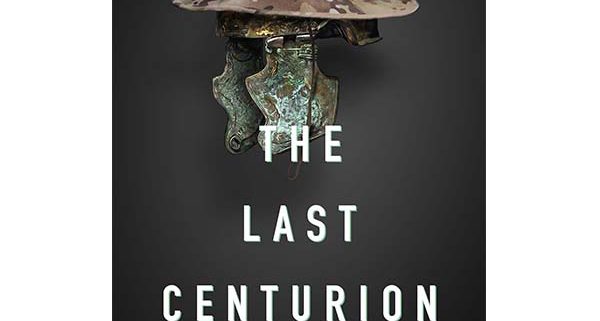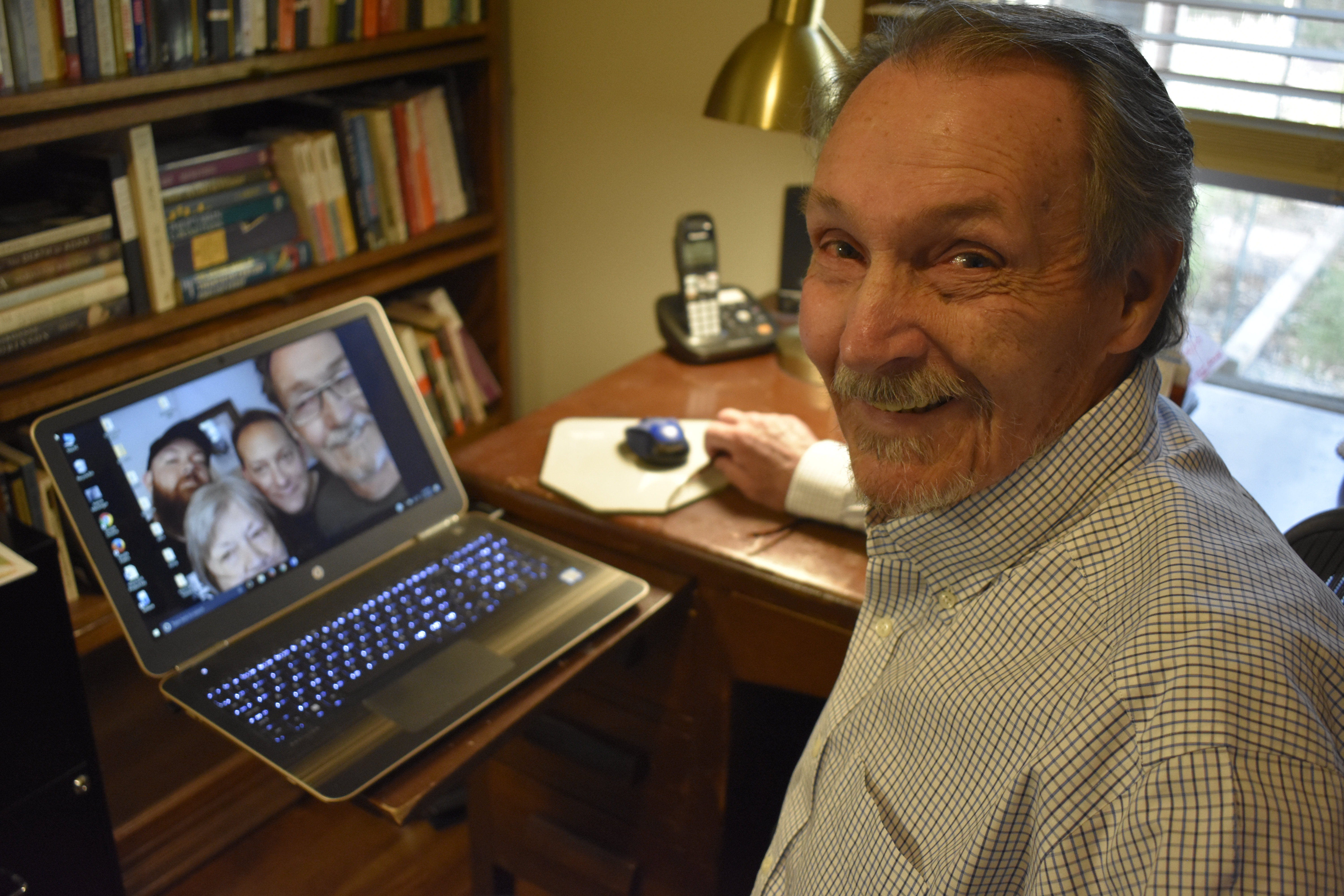An Interview with Bernard Schopen
Bernard Schopen’s latest work, The Last Centurion, is a gripping, perceptive account of a misfit struggling to hold fast to ancient values of loyalty and duty in a world where little is as it seems and only the past can be trusted. The author recently shared some insight with us about the novel’s thematic ambitions and what readers can expect from his next project.
Baobab Press: The novel’s main character, Tad, is fixated on Marcus Aurelius. Can you talk about how Aurelius made his way into the novel and what drew you to write about this historical figure?
Bernard Schopen: Tad is an odd, even strange young man. Since boyhood he has admired the Romans, their achievements and discipline, and, although wounds have taken him from the battlefield, he understands himself to be, still, a soldier. Martial values like duty and honor and loyalty give meaning to his life, the stern consolations of stoicism appeal to him. Meditations, by the Warrior-Emperor Marcus Aurelius, is a sort of sacred text for Tad. He reads it as some read the Bible. The quotations from it reinforce for the reader Tad’s view of himself and the world he finds himself in. My favorite, by the way, is “Soon you will forget everything; soon everything will forget you.”
BP: Where did the inspiration for The Last Centurion come from?
BS: I’m not really sure. I’ve visited England a couple of times, and there’s always an excavation going on somewhere, but I don’t know, specifically, what got this story started. I just found myself imagining a young man at an archeological dig day-dreaming about being a Roman soldier stationed in a wilderness outpost in a foreign land. From there it was muse and manipulate, one thing suggesting another, characters popping up and saying things, images appearing, everything shifting, notions nudging in. This went on even after I started writing. I remember feeling, as I wrote, that I was not so much telling as discovering the story.
BP: Tad is emotionally and physically wounded from his experience in the Afghanistan war. How did you portray his experiences so authentically?
BS: I’d read several accounts, both fiction and memoir, of the experiences of young Americans in Vietnam and home again, as well as a couple of good books on the Afghanistan conflict. Fortunately, I have a good friend, a Vietnam vet, who was able to tell me when I got it about right.
BP: How would you describe some of the underlying themes at play in this novel?
BS: The novel has three basic, related concerns. The most obvious, I suppose, is the issue of empire building past and present, its consequences for cultures as well as for individuals who are victims of or complicit in it. Another is the question of the human impulse to violence. And the third is the difficulty for thoughtful people in finding an acceptable set of values to live by. But while these themes are important, I would stress that The Last Centurion is first and foremost the story of a wounded young American, of his struggle to find an honorable way to live and to love among people who, one by one, betray him. It answers none of the questions it raises. It offers the reader not a lesson but an experience.
BP: Fans of your earlier work (the Jack Ross detective novels and Calamity Jane) have fallen in love with your depictions of the American West. Do you see any correlations between the world you’ve created in The Last Centurion and the territory you’ve explored in your earlier novels in terms of moral concerns, landscapes, scope or themes?
BS: The problem of finding a set of values to live by is, I think, central to all my fiction. My detective, Jack Ross is a man tugged at by dichotomous attitudes, those perhaps over-simplified as liberal and conservative. Calamity Jane relates a direct conflict between these views, in the encounter of Jane and Ione. A similar contest centers this new book. In the earlier novels, I was concerned with the effect of place, of the environment, on people who live in the American desert—thus, the careful descriptions; but in The Last Centurion, while Cambridge and environs get a close look, my interest is not so much in the physical landscape as in the history embedded in it.
BP: Can you describe your writing process for this novel?
BS: It was pretty much the same for all my novels. I think and take a few notes. Then, when I know where I want to start, more-or-less and where I want to end, probably, and how I’m going to get, sort of, from one to the other, I start writing. I revise constantly along the way, so that by the time I get to the final sentence I’ve got something like a coherent whole. Then I revise some more. I might say here that the revision of The Last Centurion was helped significantly by the efforts of Christine Kelley, the publisher of Baobab Press, as well as Wes Reid and Curtis Vickers and, especially, Margaret Dalrymple.
BP: Who are some of your major literary influences?
BS: For the detective novels, Ross Macdonald, obviously. But probably also John Updike, whose “Yes, but” attitude toward moral dilemmas informs my fiction, which is why readers won’t find in it any absolute moral assertions, only questions, problems, and complexities. Other than that, I have been encouraged by and tried to learn from writers who carefully choose the words they use and attend to the way they arrange these words in their sentences.
BP: What’s the last great book you’ve read?
BS: I’m a little uneasy with “great.” Let me name the novels I’ve read or reread recently that I think highly of: Pride and Prejudice, by Jane Austen; Housekeeping, by Marilynne Robinson; The Remains of the Day, by Kazuo Ishiguro; Felicia’s Journey, by William Trevor; The Spire, by William Golding, and Blood Meridian, by Cormac McCarthy.
BP: What’s next for you? Can you tell us about your next project?
BS: Soon I’ll begin, with the Baobab staff, preparing for publication in 2019 a new Jack Ross detective novel. And I’m polishing a story set in London, which I’ve been working on for years. Beyond that, I muse . . .




